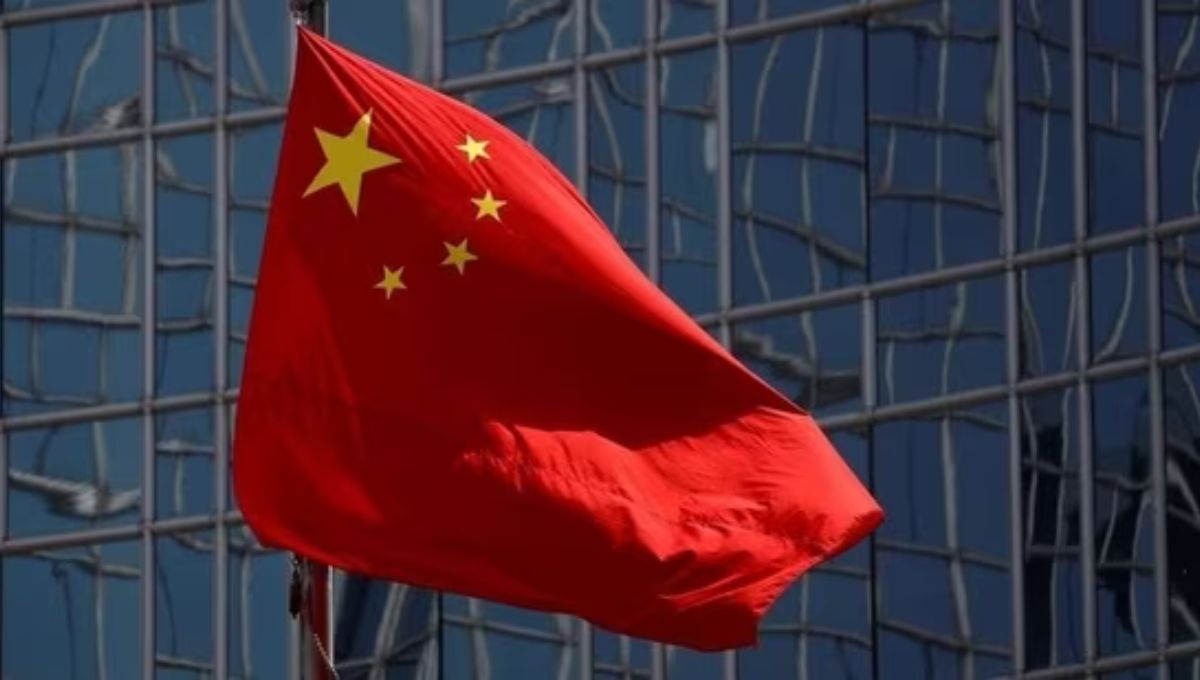In a startling revelation that underscores the intense espionage battles being waged globally, China has detained a foreign national accused of spying on behalf of the UK MI6. This incident, as reported by CNN, has sent ripples through the international intelligence community, highlighting the increasingly complex web of global espionage.
The detainee, known only by the surname Huang, was reportedly leading an overseas consulting firm while allegedly collaborating with Britain’s MI6. Huang’s role, according to China’s Ministry of State Security (MSS), involved collecting sensitive intelligence and identifying potential assets for the UK MI6 in China. This operation, which supposedly started in 2015, demonstrates the extended reach and strategic interests of international spy agencies.
Details about Huang, including their full name, gender, and nationality, remain undisclosed. Yet, their capture marks a significant blow to the UK MI6 intelligence operations in China, indicating Beijing’s heightened vigilance and capabilities in counterintelligence.
The MSS claims that Huang was provided with professional spying equipment and training by UK MI6. This collaboration allegedly resulted in the transfer of 17 pieces of critical intelligence, some containing China’s national secrets. This accusation, if true, exposes the depths of espionage tactics used by countries to gain an upper hand in global politics.
Huang’s detention also aligns with China’s broader crackdown on international consulting firms, signaling Beijing’s intent to control the flow of sensitive information. The closure of offices of firms like the Mintz Group and Bain, and the raid on Capvision, a Shanghai and New York-based advisory network, form part of China’s strategy to safeguard national security.
Meanwhile, the UK’s response remains awaited. The British Embassy in Beijing has deferred comments to the UK Foreign, Commonwealth and Development Office, which has yet to issue a statement. This silence speaks volumes, possibly indicating the sensitive nature of the situation and the complex diplomatic implications it carries.
The MSS’s public communication strategy, including its presence on WeChat, signifies a shift in China’s approach to counterintelligence. By urging societal participation in its fight against foreign spies, especially after the enactment of a new counter-espionage law, Beijing seems to be expanding its surveillance scope, causing unease among businesses and international entities operating in China.
This incident not only highlights the ongoing intelligence war between major global powers but also raises questions about the ethical and legal boundaries of espionage. With international relations already strained in various arenas, such developments only add to the complexity of the geopolitical landscape.
As the world watches, the unfolding story of Huang and the implications of their alleged espionage activities will undoubtedly continue to captivate and concern audiences worldwide, particularly in nations like India, where the balance of power in the region remains a subject of keen interest.
Read More… Oppo Reno 11 Series Launch in India: Specs & Price Insights

